Keywords: Bishop Anthony Fisher
-

RELIGION
- Bill Uren
- 11 December 2024
A contentious graduation speech at Australian Catholic University laid bare divisions between traditional Catholic values and modern sensibilities. The backlash, marked by audience walkouts, underscores broader challenges facing the Church.
READ MORE
-
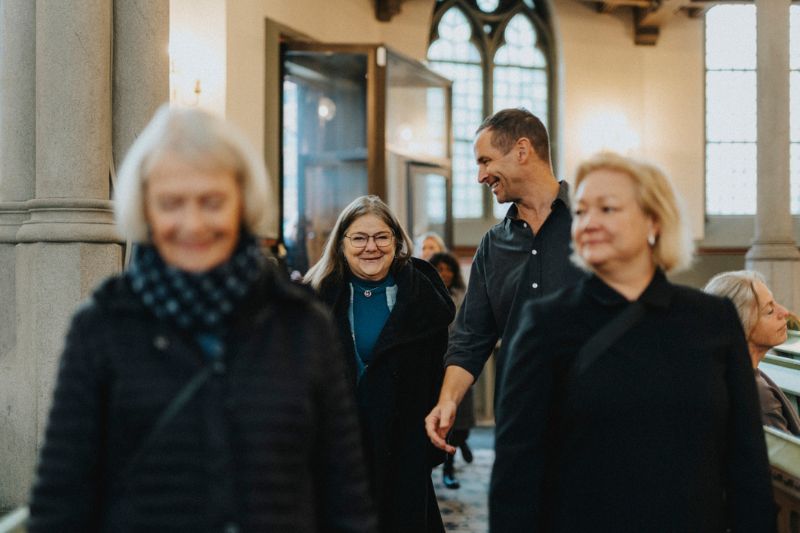
RELIGION
- John Warhurst
- 03 December 2024
2 Comments
The Synod of Bishops may mark a turning point for the Catholic Church, but the real work now begins — locally. From diocesan councils to parish communities, the challenge lies in translating synodality into action. In Australia, divergent episcopal views and a patchy history of reform raise critical questions about the Church’s future.
READ MORE
-
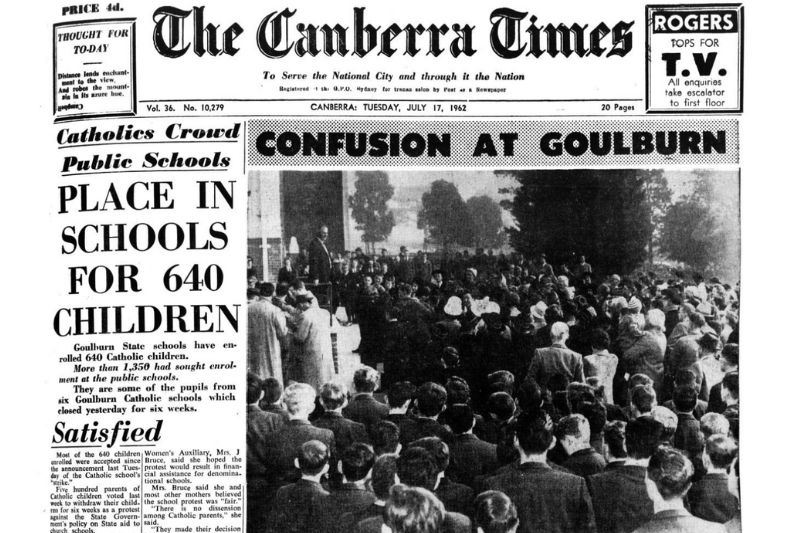
RELIGION
- John Warhurst
- 03 July 2024
8 Comments
In 1962, Goulburn was the centre of national attention when Catholic schools closed in protest over a lack of government funding and control. Students overwhelmed public schools. Could this happen again? An Australian archbishop suggests it as an option if religious freedom in Catholic schools is threatened.
READ MORE
-
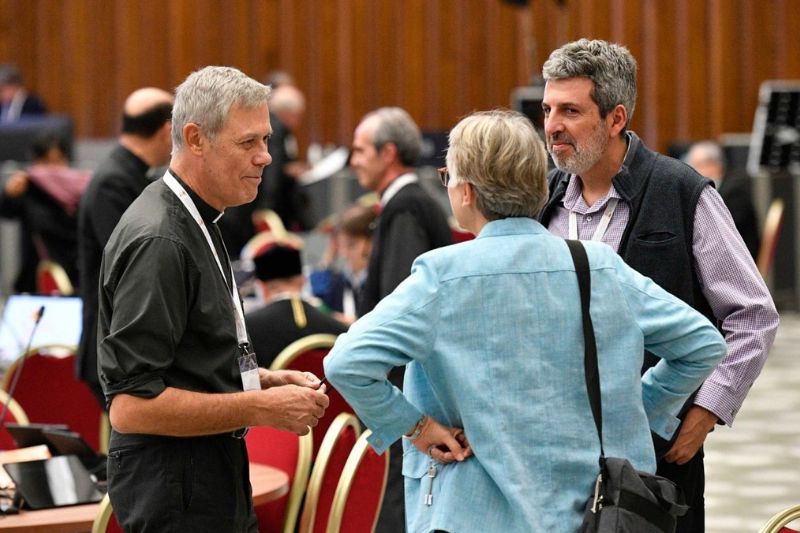
RELIGION
- John Warhurst
- 06 December 2023
4 Comments
In the aftermath of the Synod on Synodality, the Catholic community is marked by a sense of uncertainty, reflected in reactions that span from hope to criticism. As the Second Assembly nears, the critical need for more transparent and effective communication from Church leaders becomes increasingly evident.
READ MORE
-

RELIGION
- John Warhurst
- 14 December 2021
31 Comments
Synodality confronts the traditional practice of hierarchy within the church. When the ACBC responded last December to The Light from the Southern Cross report, which promoted synodality and co-responsible governance, it re-stated its position that hierarchy was embedded in the church’s approach to governance. This immediately set up a potential tension between episcopal authority and participation in governance by the People of God.
READ MORE 
-
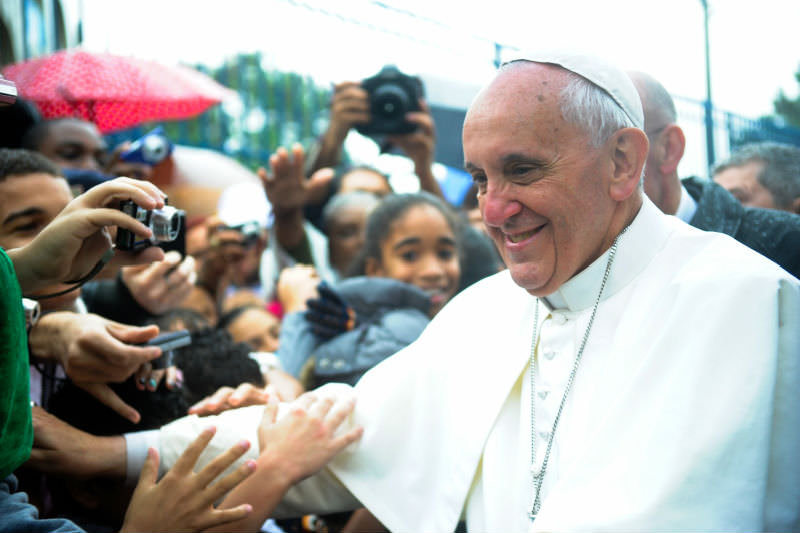
RELIGION
- Frank Brennan
- 14 November 2018
78 Comments
What we need is a listening and inclusive Church — a plenary council at which the clergy and the laity have a proper place at the table, at which the voices of the ‘rusted-on’ and the ‘cheesed-off’ Catholics are heard and at which the bishops are respectfully listening as much as speaking.
READ MORE 
-
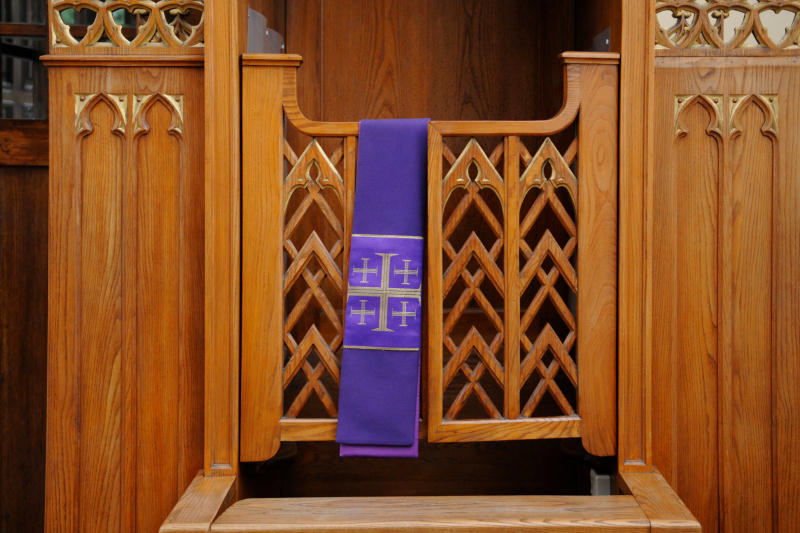
RELIGION
- Frank Brennan
- 20 August 2018
31 Comments
There is no way I would want to defend a seal of the confessional so widely drawn as that defined by Archbishop Anthony Fisher. However, I do think there is a case for respecting the seal of the confessional tightly defined as done by the canonist Fr Ian Waters. But to do that, the Church would need to get its act together.
READ MORE 
-
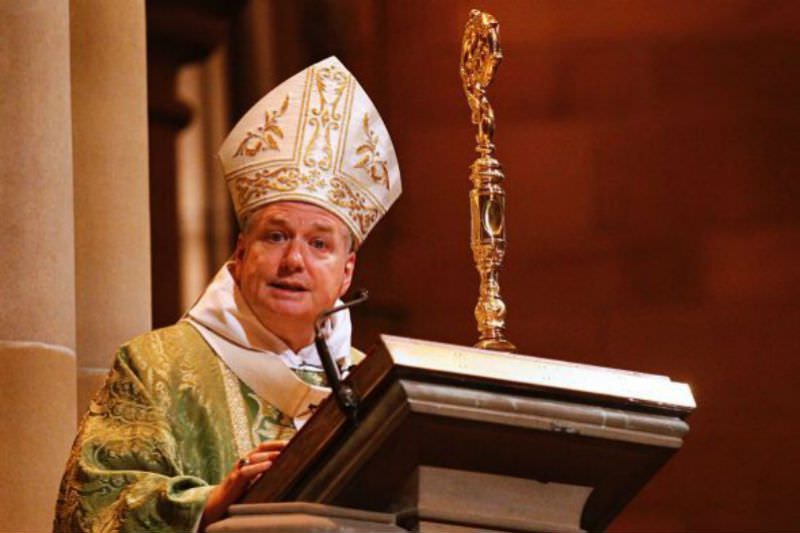
RELIGION
- Frank Brennan
- 03 April 2018
48 Comments
Archbishop Fisher's Easter warning was in part responding to the findings of the royal commission and in part to some of the submissions to the Ruddock panel on religious freedom. Being on the panel, it would not be appropriate for me to comment on particular submissions at this time. But I was shocked by the Archbishop's shrill tone.
READ MORE 
-

- Frank Brennan
- 04 June 2015
23 Comments
As we await Cardinal Pell's appearance before the Royal Commission, many Australians are baying for his blood. It is time for those of us in the Church to stop paying undue deference to those who exercise ecclesiastical power in a fashion at odds with contemporary notions of transparency and equality. It's also time for all commentators to play the ball, and not the man.
READ MORE
-

AUSTRALIA
- Benedict Coleridge
- 24 October 2014
7 Comments
The repeal of the burka ban in parliament followed woeful comments from ignorant senators and an obvious lack of real government consultation with Australia’s Muslim communities, spotlighted an embarrassing level of illiteracy with regard to Islam. We need to move beyond a token religious ‘tolerance’ that is paired with incomprehension of the religious other, towards promoting a more engaged understanding that entails some comprehension of how religious and other cultural traditions fit together.
READ MORE 
-

RELIGION
- Chris McGillion
- 26 February 2014
75 Comments
George Pell's promotion to Rome is proof of the powerful friends he has made. As for enemies, it is not hard to compile a list of those who will be glad to see him go. It would include most liberal Catholics, many priests, and a good many of his fellow bishops. One group who are likely to regret Pell's departure are the journalists and commentators for whom he has loomed large as a figure of ridicule if not outright contempt.
READ MORE 
-

RELIGION
- Frank Brennan
- 23 May 2013
2 Comments
Fr Frank Brennan's keynote address at the Archdiocese of Canberra and Goulburn Clergy Assembly, St Clement's, Gaylong, on 22 May 2013
READ MORE